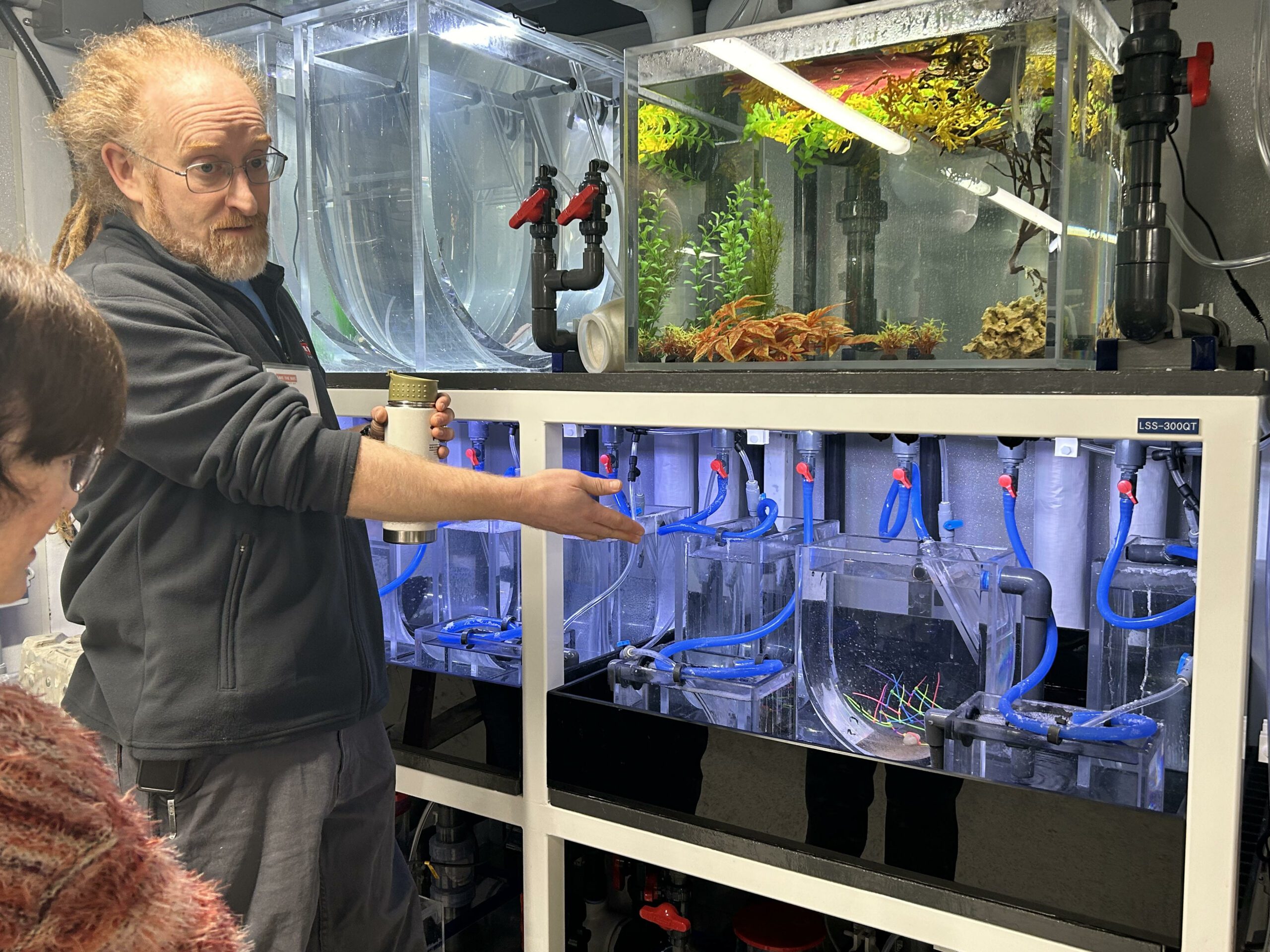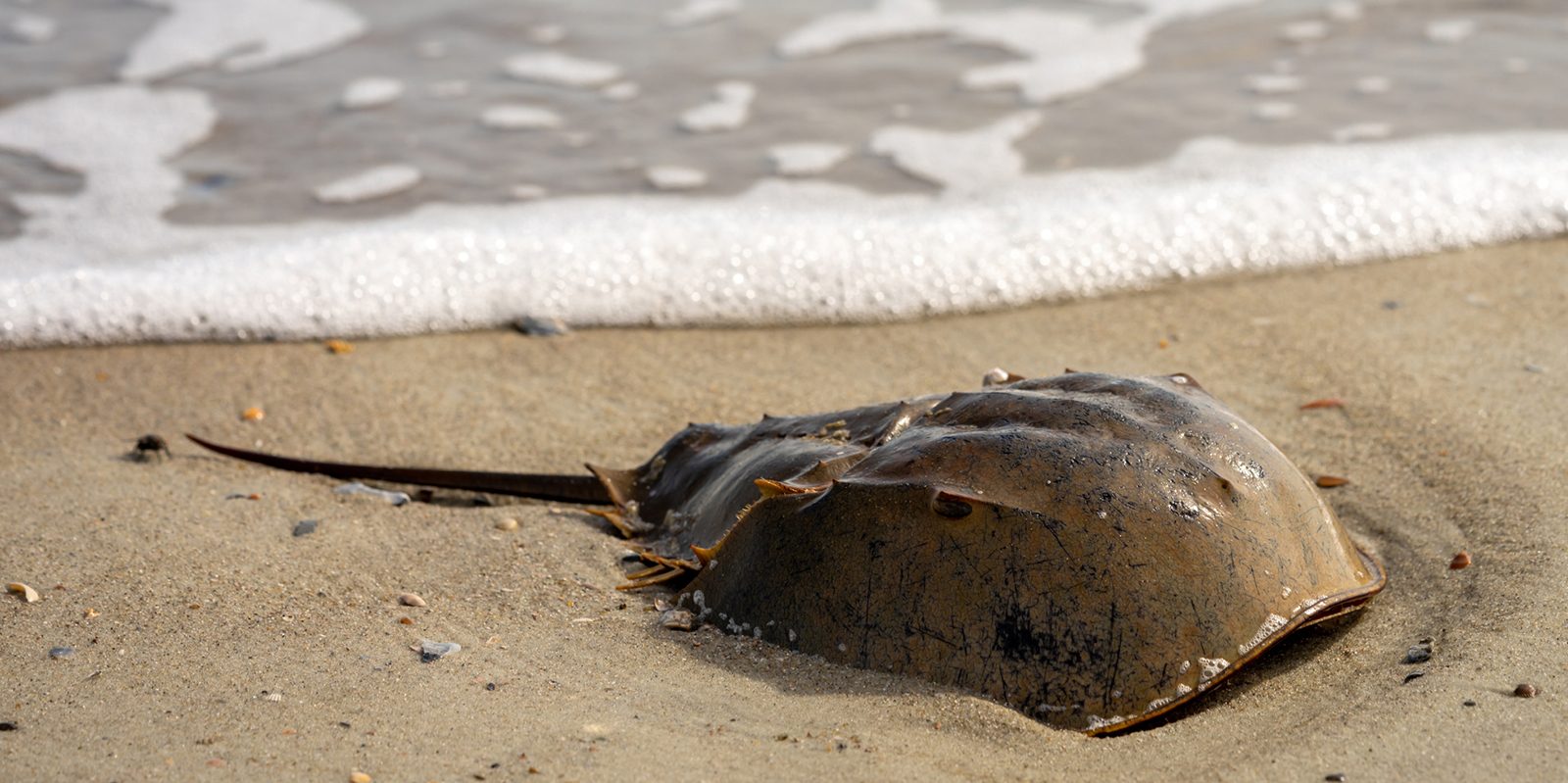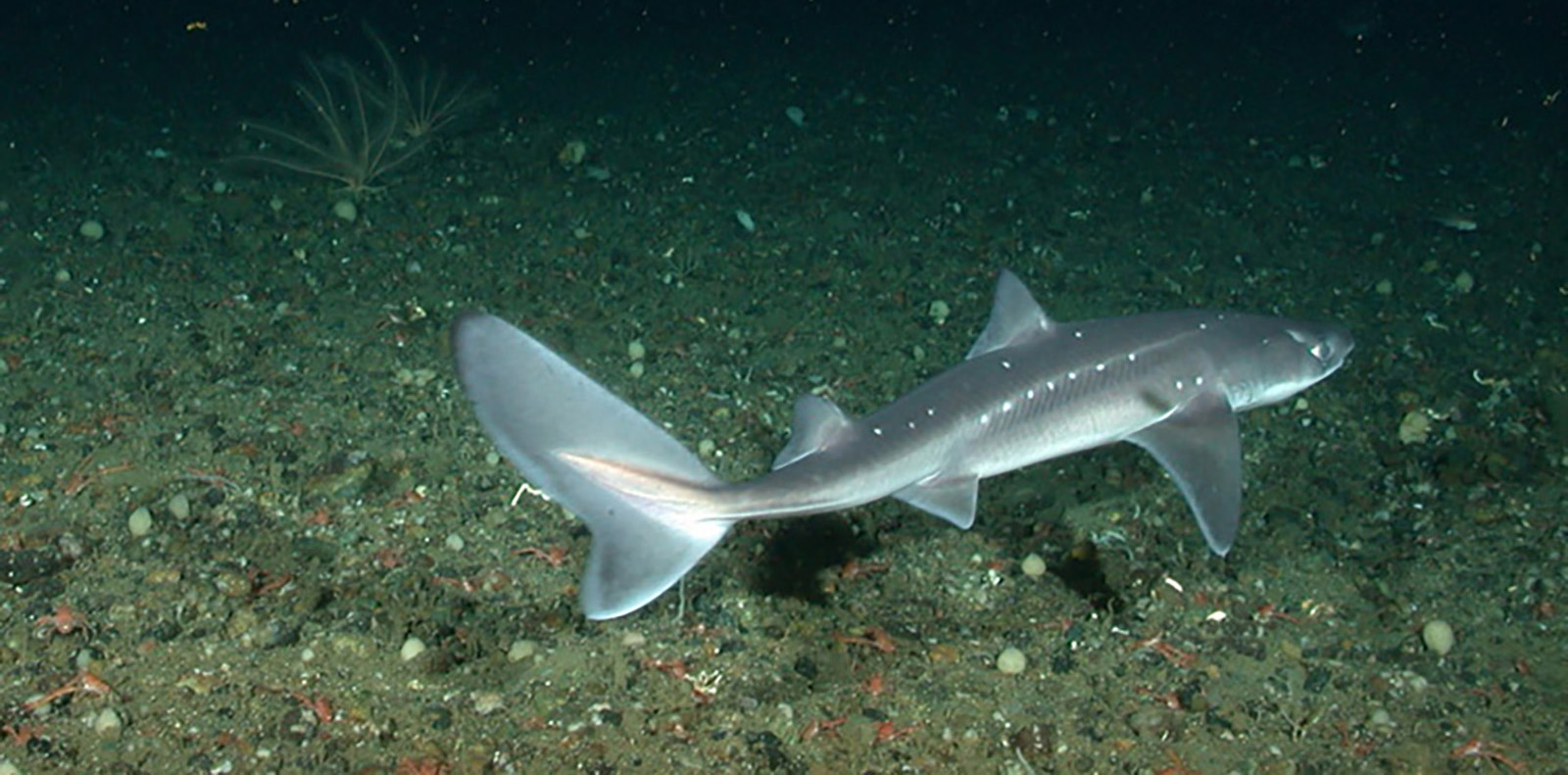R.I. Attorney General Says Block Island Marina Expansion Agreement Lacks Environmental Evidence
March 7, 2021
Rhode Island Attorney General Peter Neronha has officially asked the state Supreme Court to reject the agreement to expand Champlin’s Marina & Resort on Block Island.
The controversial deal was brokered in November and December during private meetings between the marina’s former owner and the Coastal Resources Management Council (CRMC) board. Retired Supreme Court Chief Justice Frank J. Williams mediated the pact, known as a memorandum of understanding (MOU). The town of New Shoreham and other long-standing opponents of the project weren’t involved with the agreement, a fact that troubles Neronha.
“Because this case remains in the exclusive jurisdiction of this court, CRMC’s participation in the mediation itself was inappropriate,” Neronha wrote in the March 4 court filing.
The court approves of mediation to settle cases, Neronha noted, but in this case the court didn’t authorize the process. Instead, it was done independently and without the intervenors. Neronha also noted that the MOU was brokered by CRMC vice chair Raymond Coia, executive director Jeffrey Willis, and CRMC attorney Anthony DeSisto in a private meeting. The agreement was later approved by the full CRMC board without a certification by the court showing that board members read the transcripts and evidence in the case, a requirement set by the court prior to other CRMC votes during the 17-year case.
“The CRMC and Champlin’s mediated resolution circumvented this open and required process where any aggrieved party could be heard,” Neronha wrote.
Neronha also accused CRMC of abandoning the environmental protections it set in 2011 when the citizen coastal zoning board denied the marina’s expansion into Great Salt Pond. The reversal demonstrates, he wrote, “how far afield the MOU is from the CRMC’s charge to protect and restore the coastal ecology of the State.”
Neronha pointed to CRMC’s own words in the 2011 decision to deny the expansion that read, “Champlin’s evidence failed to sustain its burden of showing that the proposed project will not cause significant impacts on plant and animal life in Great Salt Pond.”
“However, the MOU inexplicably contains no information on wildlife impacts in the proposed plan,” Neronha wrote in his recent 40-page court filing. “Did the full council’s vote to implement the MOU consider wildlife impacts? Were there updated studies performed for the new proposed layout?”
These procedural failures, he said, prevent the public and courts from deciding if “CRMC’s decision protects the wildlife, navigation, competing uses or any other resources that the CRMC is charged with managing and protecting.”
CRMC declined to comment on the attorney general’s court filing, citing ongoing litigation. But during a Feb. 23 council meeting, CRMC board member Jerry Sahagian called for a disciplinary complaint against the attorney representing the opponents of the proposed marina expansion for characterizing the CRMC board as “crooks” for approving the MOU.
Sahagian noted that R. Daniel Prentiss was paid by CRMC for legal work related to offshore wind development in 2019.
“So the same attorney that’s been calling us a bunch of crooks was representing us? Wow,” Sahagian said.
Prentiss told ecoRI News that he never referred to council members as crooks, and he hasn’t received any notice of disciplinary action by the CRMC. In a Feb. 22 ecoRI News story, Prentiss called the mediated agreement “a backroom arrangement” and said the CRMC board “engaged in blatantly illegal procedure.”
After Sahagian’s remarks, DeSisto promised to give an update on legal proceedings during an executive session at the CRMC’s scheduled March 9 meeting.
The attorney for the previous owner of Champlin’s takes issue with Neronha’s latest court filing. (On Feb. 8, Neronha filed a motion in Supreme Court to intervene.)
“Unfortunately the attorney general’s brief is based on an outdated proposal, which Champlin’s had abandoned years ago,” said Dyana Koelsch, spokesperson for Champlin’s attorney Robert Goldberg.
Koelsch noted that the mediated expansion is less than half the size of the original expansion proposal. The town of New Shoreham and the intervenors were invited to participate in the mediation, she said, “and for reasons not explained to us, they declined.”
“The MOU was reached fairly and under the parameters of the law,” Koelsch said. “This case has languished for 17 years and only with significant concessions by Champlin’s was an agreement reached.”
Prentiss, the attorney representing the town and other project opponents, has said his clients declined to join the mediation because, they believed, without their participation a settlement wouldn’t go forward.
Construction can’t begin until the MOU is reviewed and approved by the Supreme Court. The Block Island Times recently reported that repairs to buildings and docks are underway in preparation for a May 1 opening of the private marina.
There are no dates for court proceedings. Champlin’s has 10 days to respond to the attorney general’s filing. Champlin’s didn’t respond in court to a Feb. 17 request for an oral argument by Prentiss.
The new owner of the marina, Great Salt Pond Marina Property LLC, a unit of Cranston-based Procaccianti Companies, insists that the previous owner, Joseph Grillo, is representing himself in the litigation. The Procaccianti Companies operates the marina as a new subsidiary, TPG Marinas.
“In terms of the recent mediation, neither TPG Marinas or its affiliates are parties to the prior owner’s ongoing litigation. Their full attention is directed towards addressing the many deferred maintenance issues that exist at the property,” Annie Mulholland, spokesperson for TPG Marinas, told ecoRI News.
Private mediation
Supreme Court Chief Justice Paul Suttell told Channel 10’s Gene Valicenti that the MOU between Champlin’s and CRMC was a private mediation and not the result of the court’s mediation program.
Prentiss said the judge makes an important point because CRMC, Champlin’s, and Williams have been implying that the MOU was done through an official court process. “It had nothing to do with the court,” he said. “It was a private transaction. It wasn’t a mediation because not all of the parties were there.”
Prentiss is perplexed that the MOU was approved by the CRMC board Dec. 29, six days after Grillo sold the marina to the Procaccianti Companies.
“Nobody really knows,” he said. “This is a black box; this took place behind a black curtain.”
Prentiss concurred with Neronha’s complaint that there is no evidence that the MOU addresses the environmental risks as there was in 2011, when CRMC used those risks to deny the expansion.
“How does the CRMC change its mind without any evidence?” Prentiss asked. “Everything about this case is odd.”
Adding to the controversy is the reappointment of three members to the CRMC board by Gov. Gina Raimondo on her way out of office. The candidates — chair Jennifer Cervenka, Donald Gomez, and Coia — have been tabled since the day their reappointments were scheduled to be voted on by the full Senate.
Senate leaders paused the nominees because of Neronha’s concerns about CMRC’s jurisdiction in the MOU process and his assertion that the agency failed to adhere to its own regulations and procedures.
“Three CRMC appointments remain on the desk,” according to Greg Pare, the Senate’s director of communications.



